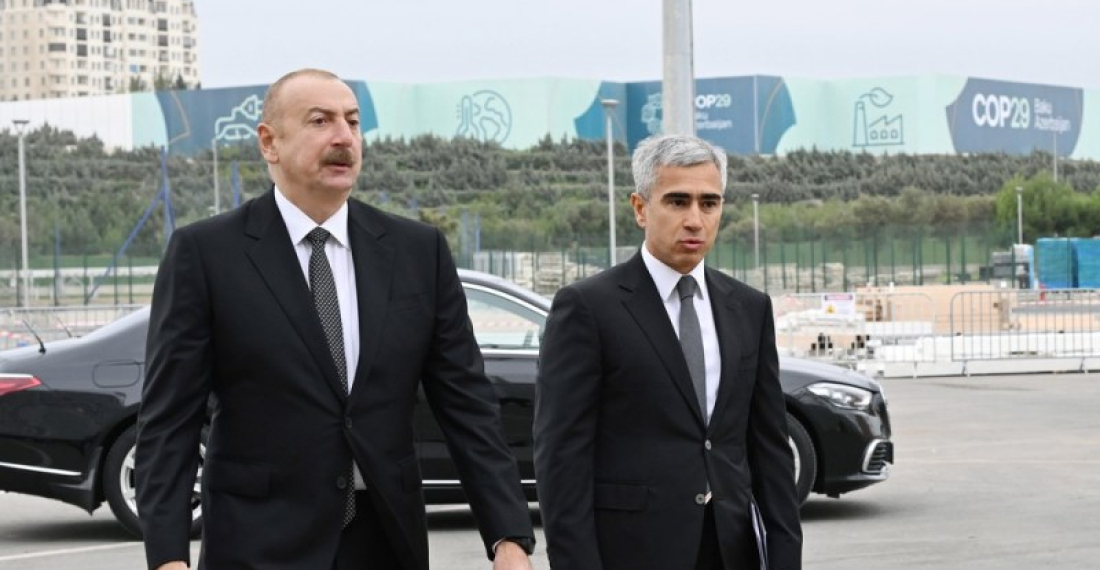- Armenia-Azerbaijan Strategic Expert Platform: Members emphasise the importance of the present moment for the South Caucasus and call for the momentum to be used for the long-term peace and prosperity of the region
- Thursday Interview: Dr. Anar Valiyev
- Food insecurity in Somalia has nearly doubled in the past year
- Türkiye evaluating potential measures in case of a US-Iran conflict
- European Parliament reaffirms support for Ukraine and EU Path
- EU moves ahead with Ukraine loan preparations despite Hungarian block

On Thursday (17 October), Azerbaijani President Ilham Aliyev visited the Baku Olympic Stadium, the main venue for the upcoming COP 29 conference, and announced that preparations are almost complete and on track to be handed over to the UN Framework Convention on Climate Change (UNFCCC).
Azerbaijan was selected to host COP29 after key negotiations with Armenia and support from other Eastern European countries. 80,000 guests, including senior government officials, will arrive in Baku for the major conference. The strategy of the COP29 Presidency is based on two main ideas: raising ambition and enabling action. The former refers to enhancing innovation and the latter to climate finance.
Azerbaijan has launched a $1 billion Climate Finance Action Fund (CFAF) to advance these goals. This fund will be financed by contributions from fossil fuel-producing countries and companies. Half of the fund will be used for climate projects in vulnerable countries, focusing on clean energy and building climate resilience.








